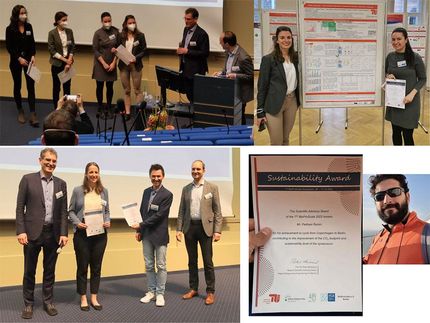Using Plants as Factories Holds Massive Potential for Cost-Effective Biopharmaceutical Manufacturing
Strategic Analysis of the World Plant Molecular Farming Market
Advertisement
New analysis from Frost & Sullivan, Strategic Analysis of the World Plant Molecular Farming Market, reveals that the biopharmaceutical market generated revenues of USD 45.0 billion in 2004. It is likely to reach USD 98.2 billion by 2011.
Despite this soaring demand for biopharmaceuticals, little progress is being made toward the improving efficiency and reducing costs in conventional biomanufacturing processes using microbial or mammalian fermentation systems. However, using transgenic plants as a production method for biopharmaceuticals has the potential to improve scale-ability and yield, which will allow a dramatic reduction in biomanufacturing costs.
"Using plants as factories to produce recombinant protein products is emerging as a cost-effective, high capability solution to the issue of production capacity," says Frost & Sullivan Research Analyst Phil Webster. "Several companies are now investigating the potential of plant molecular farming, with the market consisting predominantly of small start-ups working independantly, and large multinationals offering third-party services."
Several major challenges must be overcome before plant molecular farming can take a significant share of the biopharmaceutical manufacturing industry. Participants in this industry will have to deal with public perception issues, which are particularly unfavourable in Europe where transgenic crops cannot currently be grown for commercial purposes. This is affecting the ability of small companies to obtain venture capital funding, a major challenge for an industry dominated by start-ups. However, the unofficial moratorium on transgenic crops in Europe is beginning to wain, as more transgenic products are granted approval for market. No products produced by plant molecular farming are currently available in this emerging market, but as the first ones approach launch around 2006, the regulatory climate is expected to ease as case studies are presented for approval.
With production platforms and enabling technologies already available, high initial market growth is possible. The onus is now on product development divisions to commercially introduce therapeutic products. The forecast increase in demand for biopharmaceuticals makes the plant molecular farming industry an exciting sector to be in.
"An aging population is driving the need for novel biopharmaceutical products for the treatment of more complex diseases. There is currently a shortfall in biopharmaceutical manufacturing facilities, which leaves great market potential for biopharmaceuticals produced from plants," notes Mr Webster.
Strategic Analysis of the World Plant Molecular Farming Market, a part of the Biotechnology subscription, provides an overview of and outlook for the world biofarming market. The analysis provides information on the world industry dynamics as well as world, North American, European, and Rest-of-World market dynamics. It also offers strategic recommendations that enable companies to align their positioning strategies to benefit from the changing markets and obtain maximum return on investment.






















































